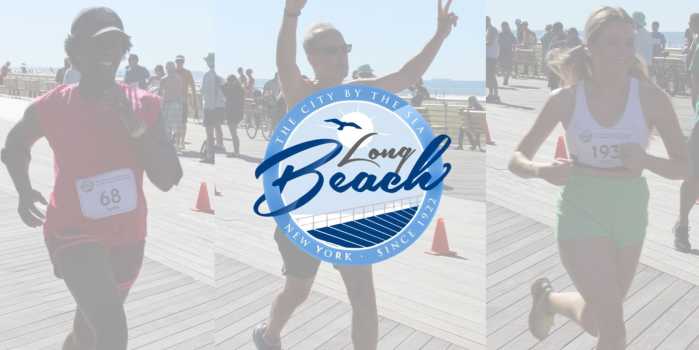
Connecting with Moms and finding your ‘people’
“Parenting is lonely,” they said. By they, I mean everyone I encountered when pregnant with my first son in 2018. Among the many nuggets of unsolicited new-parent advice I received from well-meaning friends, family, and strangers, this one I took to heart. I worried about feeling happy after I did the big scary act of giving birth. I’d read the statistics about postpartum isolation and maternal depression. In a 2018 study, the British Red Cross found that 83% of mothers surveyed had feelings of loneliness, while 43% said they felt lonely all the time. Another survey found that 90% of new mothers felt lonely since giving birth, with over half feeling they had no friends at all.

My Journey to Mom Friends
I should know. In the early weeks of parenthood- determined to beat the odds, I willed myself to leave the house with my three-week-old and our cockapoo dog in tow. After marking the occasion with an Instagram photo of the milestone, an old college friend slipped into my DMs. She could tell from the background of my photos that I lived around the corner from her in Brooklyn. Also, postpartum, she nudged me to attend a coffee with a few new moms from the area who were also figuring it out. She was the brave and experienced second-time mom in our neurotic first-time mom circle, boldly showing us how to strap our car seats into taxis so we could easily make it to happy hour. So began our maternity leave bender. Each day at 4 PM, 10 infants napped in a row of strollers while their moms traded newborn stories. Although only acquainted for three months, processing birth trauma, lactation, and sleep deprivation bred immediate intimacy and made the everyday slog of raising young children fun and funny. In spite of that shared profound experience, COVID-19 scattered everyone in different directions almost two years later. While the love and respect for each other remained, the group chat text messages eventually slowed to silence. It seemed mom friendship required close geographic proximity to sustain, especially in a global pandemic that reduced one’s village to one’s house.
Psst…Seasonal Affective Disorder in Children: What Parents Need to Know
Alone, but never alone, in my new Westchester suburb, I faced the daily challenge of caring for my child without nearby family or my network of drinking biddies. As I did in Brooklyn, I looked to my neighborhood streets to find a maternal connection. During the March 2020 lockdown, my once eerily desolate neighborhood of empty nesters began to come alive with frazzled young mothers escaping from the city with baby carriages. From six feet away, we made connections and then alliances. Our wandering became routine. Twice a day, we circled a nearby pond, feeling naughty for walking the line of social distance but desperate for real-world connection. Eventually, we let our kids play outside–and then inside. It felt wrong but also necessary. Sharing the manual labor of feeding, supervising, entertaining, and transporting young children made the burden lighter and more joyful. Humans are social creatures. We are not meant to do this alone.
While my network of local moms grew during this time of record loneliness, this tale of love and friends is not true for all. Rather, as a 2020 Cigna Health study revealed, loneliness has steadily risen since the 1990s and shows no sign of marked improvement. Whether you blame it on the pandemic, our collective dependence on screens for interaction, the decline of religion to foster community, or the rise of individualism versus the collective – humans are increasingly going it solo as a species. With great solitude comes great anxiety and the physical and mental health decline that comes with it. Add maternal hormones and the stress of working while caring for young children to the equation; mothers without the necessary support are heading for collapse.
Tips when seeking mom connection
I offer my story to inspire faith in the power of parent connection. However, Rome was not built in a day. If you find yourself struggling to create social connections in your hometown, here are a few learned tips.
Seek support: The depression and anxiety that can come with motherhood is real. A mental health professional can help you to cope if you open yourself up to support. As Lauren Tetenbaum, Westchester-based mother of two and social worker specializing in maternal mental health, puts it, “Motherhood can be extremely challenging, but you do not have to face it alone.” Medication, meditation, and therapy are available to help regulate your body and mind so you can meet the challenge of social connection.
Get out there: Standing on the sidelines, waiting at the pediatrician, or stuffing pizza in her face at a birthday party, your children’s friends’ moms are already a part of your daily interaction. Lean into the opportunities that raising children together creates organically. Even if you feel uncomfortable striking up a conversation at a local pharmacy, Tetenbaum encourages, “people do want to connect and make friends, just like you.”
Prioritize passion: When you pursue the things that interest you, you will likely discover your people. Tetenbaum prescribes finding opportunities within your community to reconnect with the activities that brought you joy before having children. In addition to locating like-minded peers, it will boost your confidence and create a stronger sense of identity, which attracts more people to you.
Whether you are struggling through the early days of motherhood or the social isolation from moving to a new town, take a leap of faith and leave the house. Moving from the couch to the crosswalk put me on the path of meeting local women who make the darkest days of parenting feel brighter. Together on the road from tummy time and tantrums to coxsackie and carpools to exams and empty nesting, we begin as moms and become just friends.



















